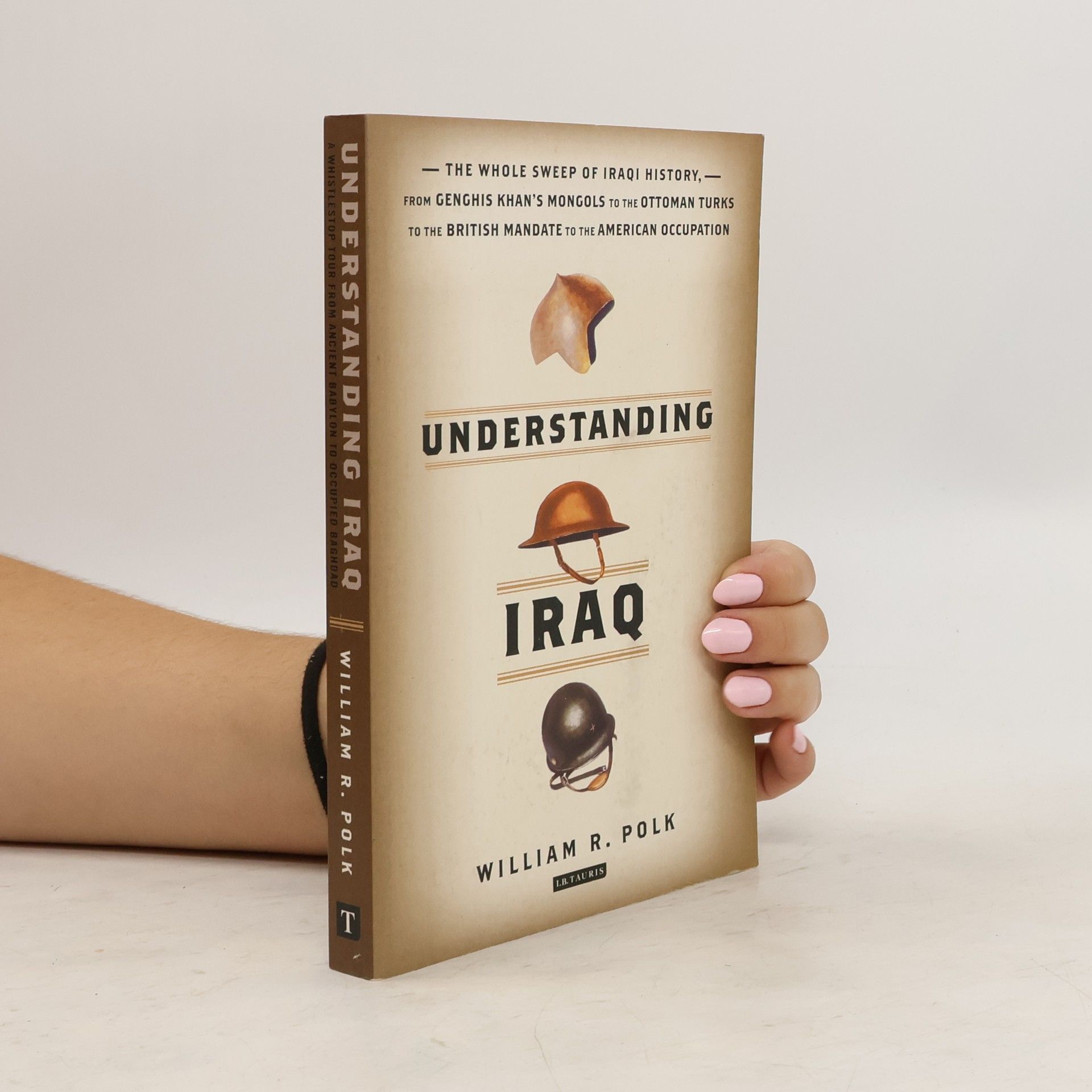Understanding Iraq
- 240pages
- 9 heures de lecture
Helps the reader comprehend Iraq, its diversities and contradictions, namely Arab and Kurd, Shia and Sunni, traditionalist and modern, secular and religious, pragmatic and radical. This book culminates in an indictment of the US for failing to learn the lessons of history in Iraq.
